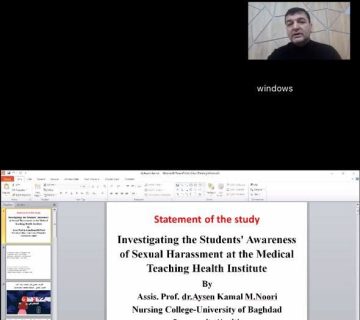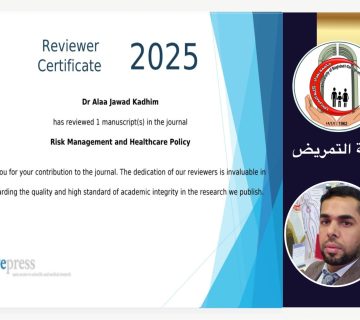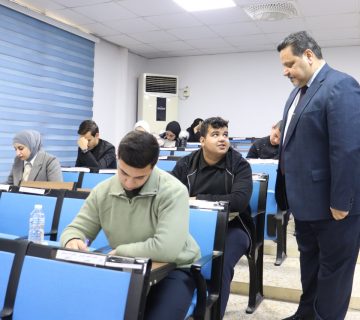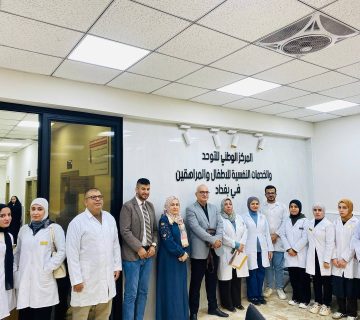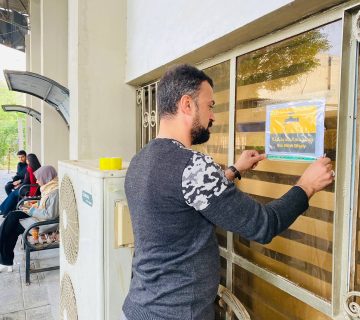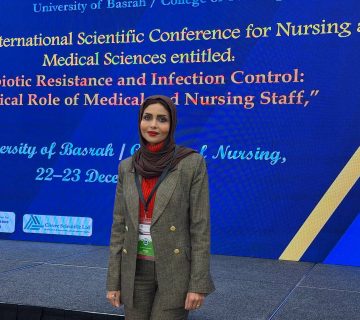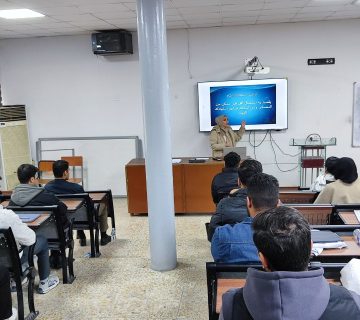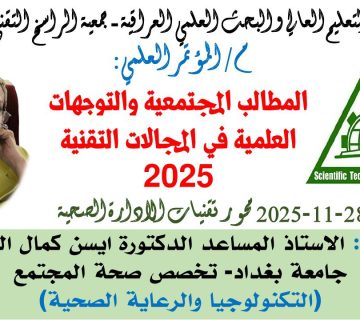The Nursing Fundamentals Department at the college of Nursing, University of Baghdad, organized a scientific field visit for students of the professional diploma program in the department. The visit was to the City Department (), accompanied by a group of specialized professors, 15 medicine/ The educational visit aimed to provide students with an in-depth understanding of the role of the nursing leader in managing critical cases and to hone their skills in making critical decisions.
The educational visit aimed to provide students with an in-depth understanding of the role of the nurse leader in managing critical cases and to hone their skills in making critical decisions related to immediate nursing and medical care. It also aimed to familiarize them with the latest trends in advanced cardiopulmonary resuscitation and the importance of rapid intervention to save the lives of patients and avoid complications. The visit included a tour of the vital departments of the hospital, including the respiratory resuscitation unit and the intensive care unit.
The visit included a field tour of the hospital’s vital departments, including the respiratory resuscitation unit and the intensive care unit. This tour gave students the opportunity to see firsthand how the hospital operates and interact with the medical and nursing staff.
This initiative is part of a series of field visits planned by the Nursing Fundamentals Department with the aim of enhancing students’ knowledge and practical skills in the field of critical care nursing, enabling them to acquire the necessary skills for proper diagnosis and optimal nursing intervention to preserve patients’ lives and reduce complications.
These field visits contribute to the achievement of the fourth Sustainable Development Goal, “Quality Education,” by providing a high-quality practical learning experience. Integrating theoretical knowledge with direct clinical application in a realistic environment ensures the graduation of highly competent nursing cadres equipped with the latest skills required in the labor market, which indirectly supports the improvement of the level of healthcare in the country (Goal 3: Good Health and Well-being).

